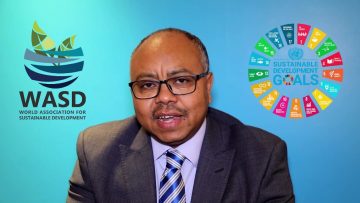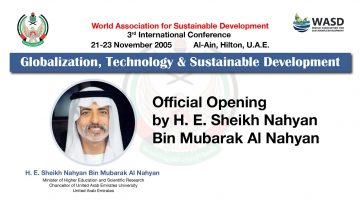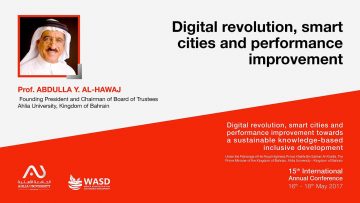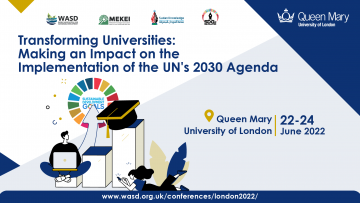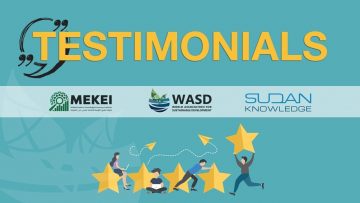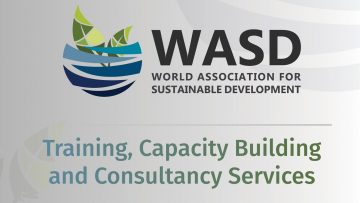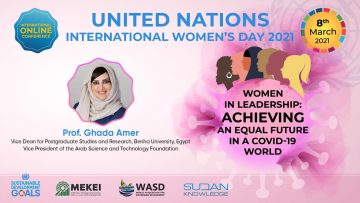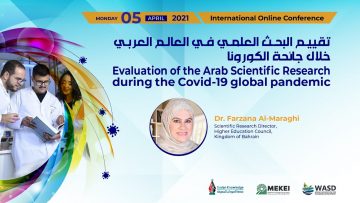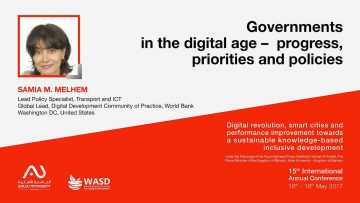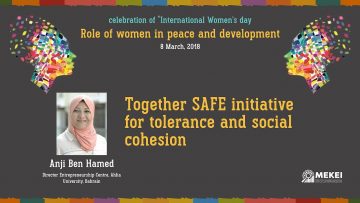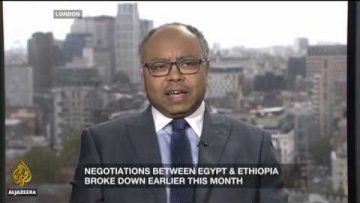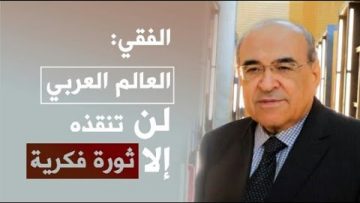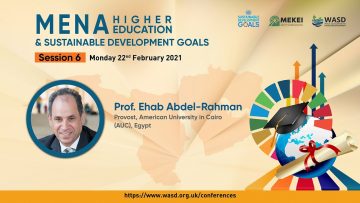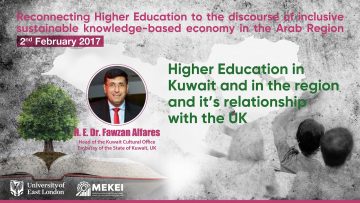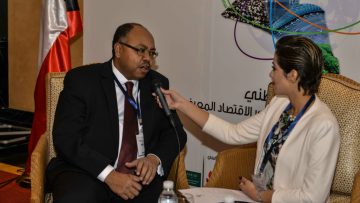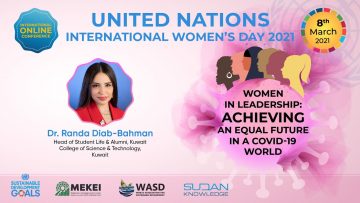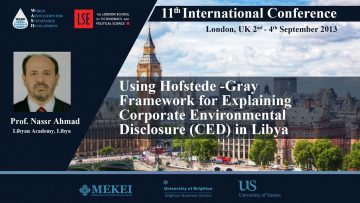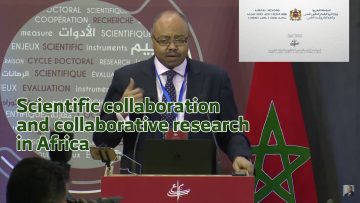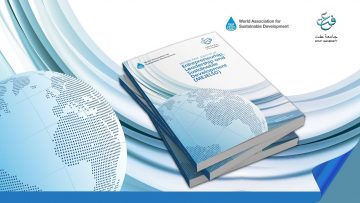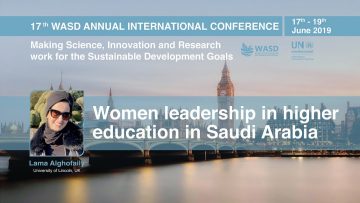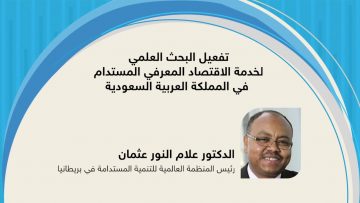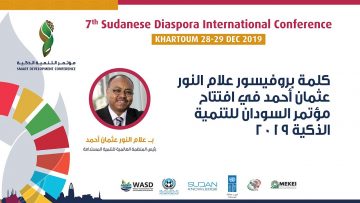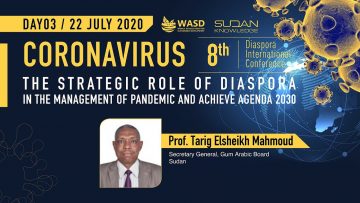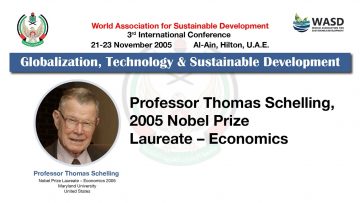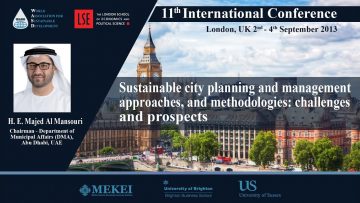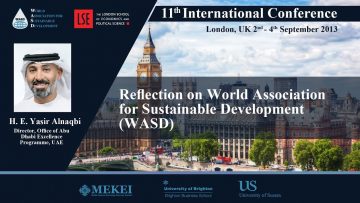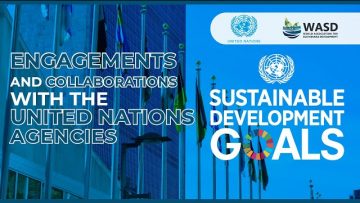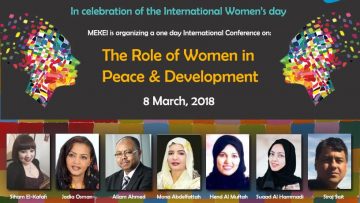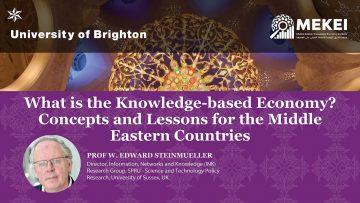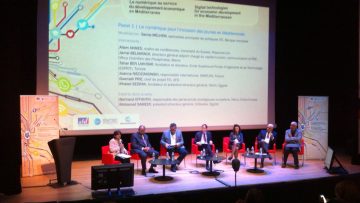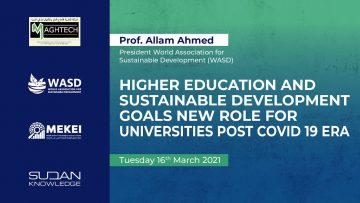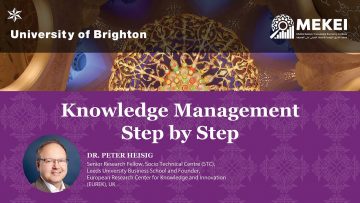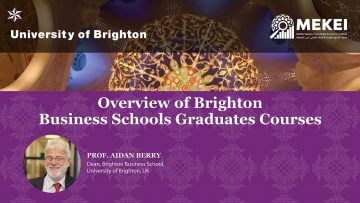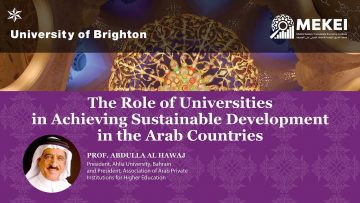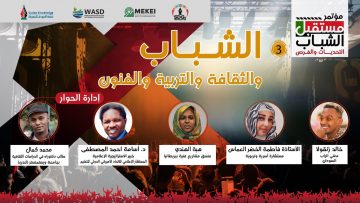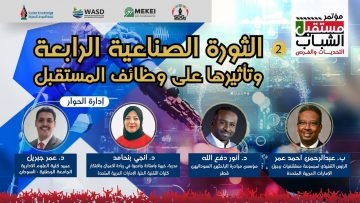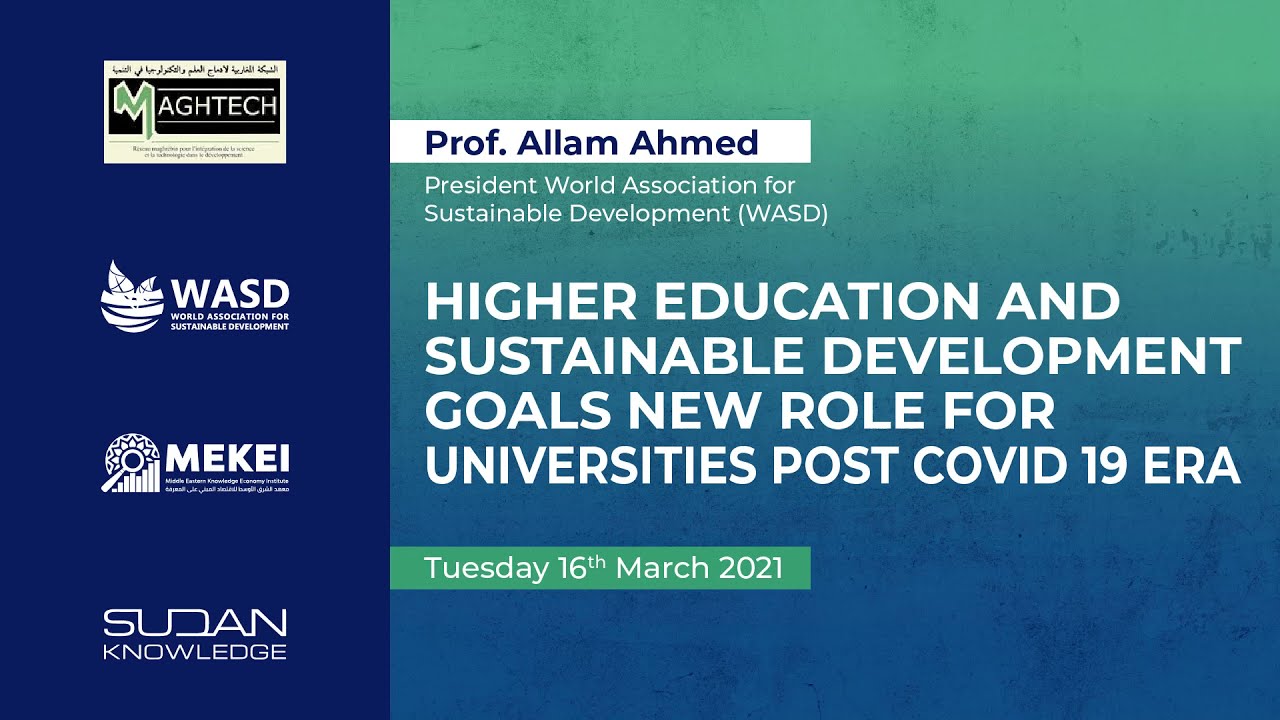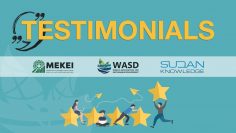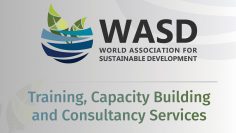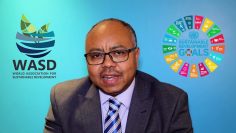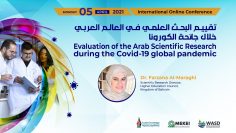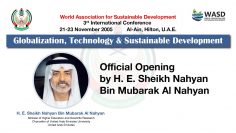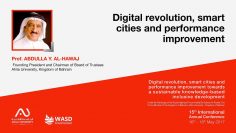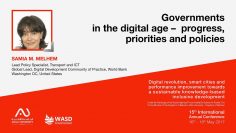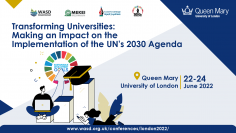Higher Education and Sustainable Development Goals: New Role for universities Post Covid 19 Era
Higher Education and Sustainable Development Goals: New Role for universities Post Covid 19 Era
Prof. Allam Ahmed – PhD FCIM Chartered Marketer
President World Association for Sustainable Development (WASD) www.wasd.org.uk
Director Middle Eastern Knowledge Economy Institute (MEKEI) www.mekei.org
Founder International Diaspora Project (SK) www.sudanknowledge.org
Professor of Knowledge Management and Sustainable Development www.allamahmed.org
Today, more than ever before in human history, the wealth or poverty of nations depends on the quality of higher education. Revolutionary breakthroughs in the knowledge economy are leading to remarkable changes in the way forward-looking nations capacitate their graduates. In the post Covid 19 era of global skills and knowledge race, universities cannot fail to realise, accept and accomplish their natural and ascribed roles (also remotely) as a strategic agent for national development to achieve the United Nations Agenda 2030 and its 17 Sustainable Development Goals.
(1) What is the role of Higher Education institutions in supporting and enhancing the process of rebuilding the economy and achieve Agenda 2030 and SDGs?
(2) What is the new role(s) of universities in the post Covid-era?
(3) What are the major obstacles that HE institutions face and how can these obstacles best be overcome?
(4) Are there governmental/societal components to these? if so what?
The mission of the MEKEI research institute is to use research and education to help transform the countries of the Middle East and North Africa to advanced, knowledge-based societies led by sustainable innovation and social advance. Many consider the Middle East and North Africa (MENA) region as one of the most important emerging parts of the world economy in the 21st century. MENA is strategically vital as it produces the majority of the world’s oil. However, despite the region’s oil, most MENA countries score lower on Human Development Index (HDI) world ranking, with GDP, productivity and investment rates well below the global average. It is, therefore, becoming widely accepted that the dominant economic model of the region – based on the public sector, oil incomes and workers’ remittances – is not up to the challenges of modern globalisation and the needs of advanced knowledge-based societies. Given the apparently contradictory needs of economic growth and environmental conservation, it comes as no surprise that knowledge management, innovation and sustainable development (SD) have had such a powerful influence in contemporary discussions on the future of the region.




